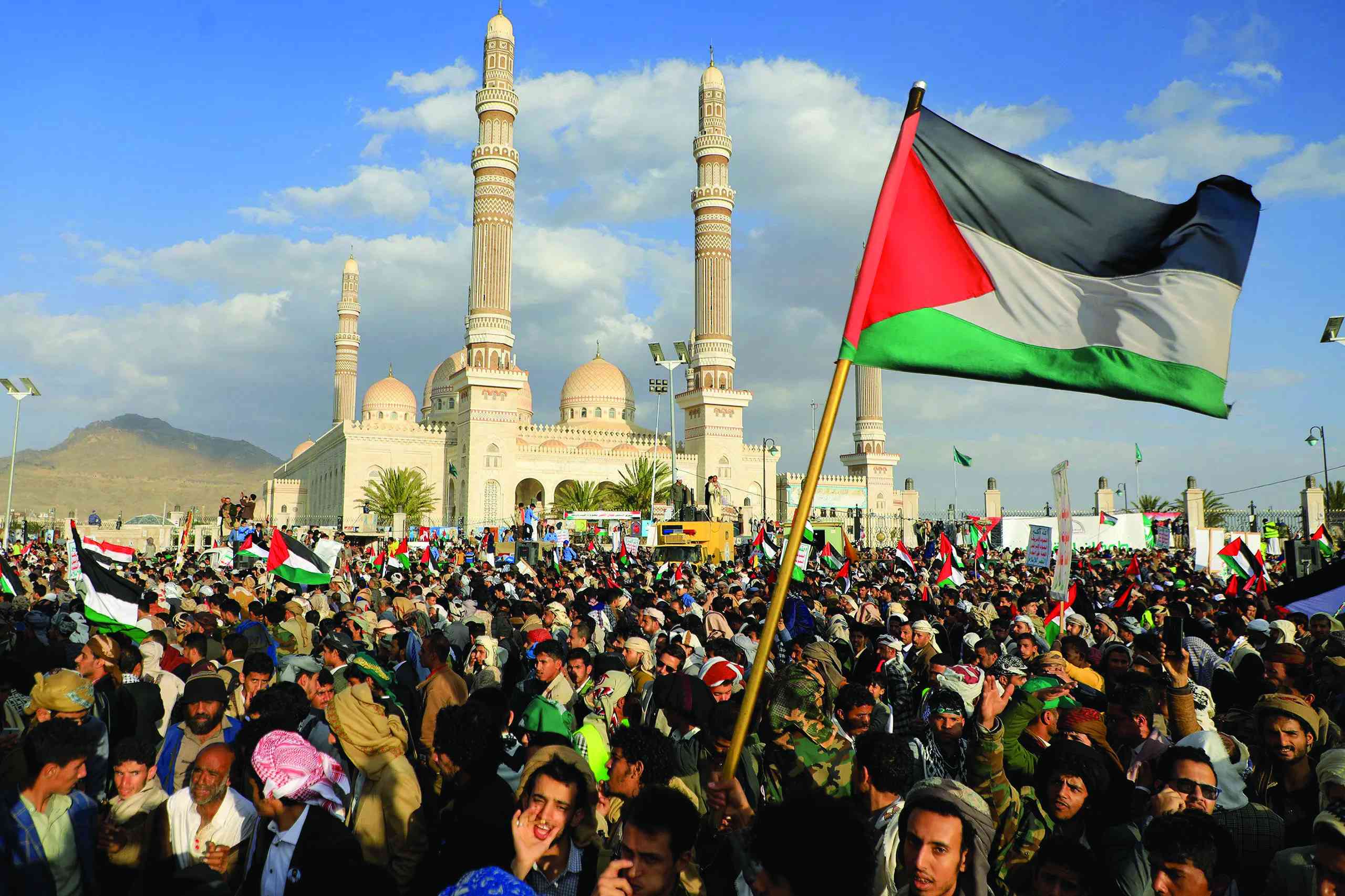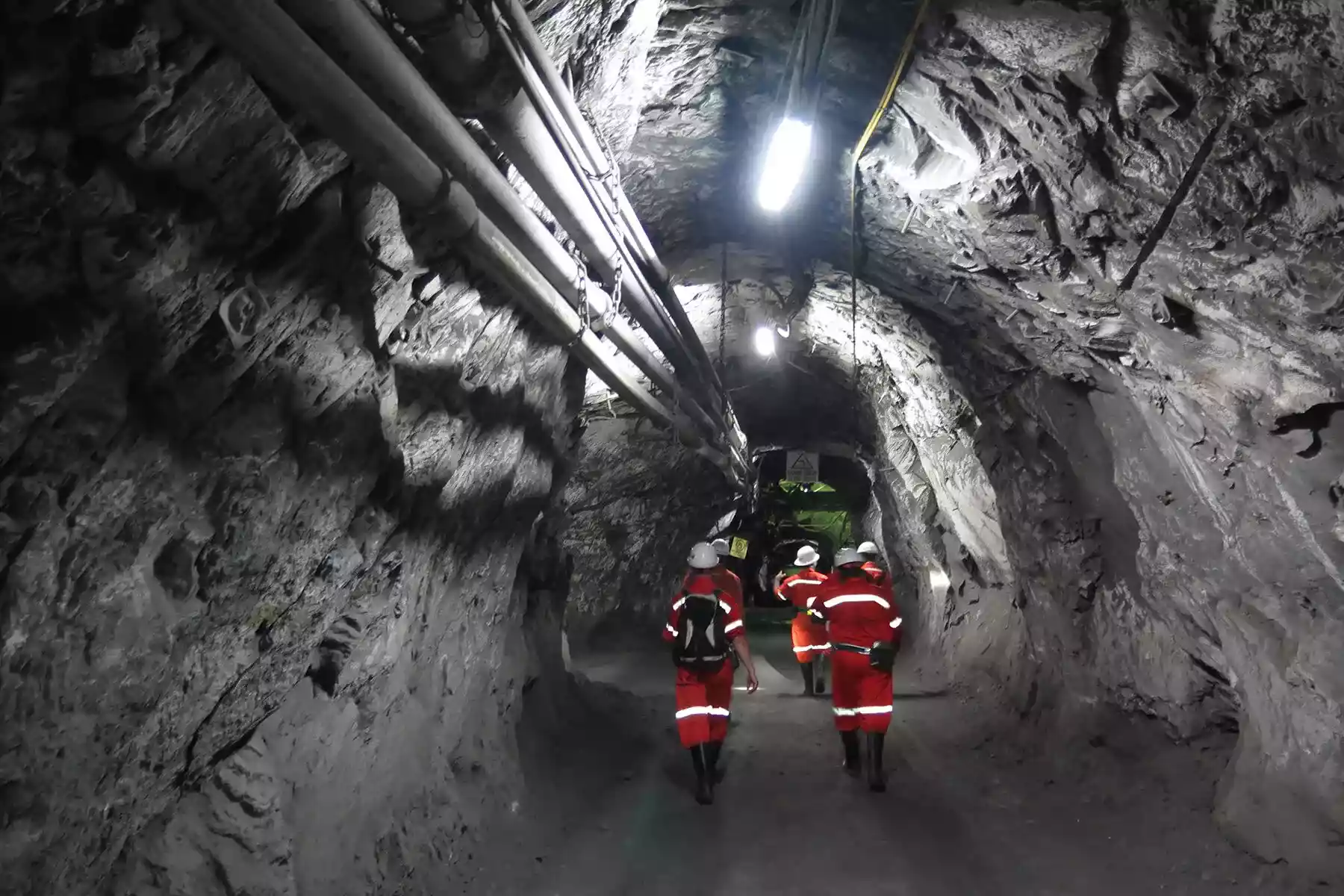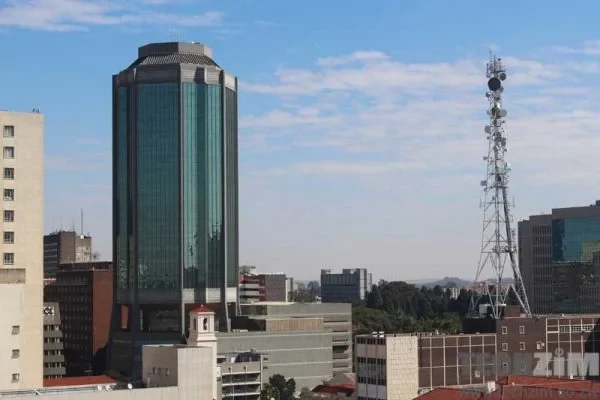
WHAT should you do when your government assures you that everything is under control and says there is no need to buy generators, stock up on food and withdraw money from the bank?
You should immediately get your money out of the bank, stock up on food, and buy a generator.
Do not forget to get extra fuel for the generator, and for the car. But it is probably too late to invest in a blast shelter.
An Israeli army spokesperson did tell the citizens not to engage in panic buying a week ago, just after Israeli missiles killed seven officers of Iran’s Revolutionary Guard Corps in the Iranian embassy in Syria.
It was a major escalation in the decades-long confrontation between Israel and Iran, for no apparent reason.
It was the first time Israel has killed Iranian officials since the start of the Gaza war six months ago, although there is a regular exchange of artillery and rocket fire between the Israel Defence Forces (IDF) in northern Israel and Hezbollah, the Iran-backed Islamist militia in southern Lebanon.
Iran has promised to retaliate for the Damascus killings, but the IDF’s chief of staff, General Herzi Halevi, told the public on TV that his forces “can handle Iran. We can act forcefully against Iran in places near and far.” With reassurances like that, what could possibly go wrong?
One possible flaw in the plan is that Israel may not be able to ‘handle’ Iran, given that Hezbollah has a huge rocket force in southern Lebanon (between 40 000 and 150 000 missiles), including some thousands of highly accurate GPS-guided missiles with half-tonne warheads that can reach anywhere in Israel.
- Letter from America: Is former president Donald Trump a hero or villain?
- Chidzivo, Tarakinyu clinch Kabag honours
- Letter from America: Is former president Donald Trump a hero or villain?
- The Fiddler: Is honesty the best policy?
Keep Reading
Hezbollah also has a large and well-trained infantry force (40 000-100 000 men) that fought the IDF to a standstill when Israel invaded southern Lebanon to root out Hezbollah’s missiles (then much fewer in number) in 2006.
Why would Israel risk that kind of war by striking Iran when the IDF is already so heavily committed in Gaza?
There is no good answer for Israel as a whole, but it could serve the interests of this particular Israeli government led by Prime Minister Binyamin Netanyahu very well. For Netanyahu is running out of road.
For the past six months Israel’s indispensable US ally has loyally backed its war in Gaza despite the appalling death toll of Palestinian civilians (now 33 000 plus an estimated 10 000 more buried under the rubble).
But even President Joe Biden is now demanding a ceasefire and food aid for the starving survivors.
A ceasefire would almost certainly involve the collapse of Netanyahu’s far-right coalition government, leaving him exposed to conviction in the corruption trial currently paused by the war.
Once the war ends, he will probably face further charges for his cynical policy towards Hamas over the years, which was to keep Hamas strong in order to keep the Palestinians divided.
To that end, he turned a blind eye to the large transfers of money and arms that went to Hamas via Qatar in the long years of his premiership.
Netanyahu therefore needs the war to continue. He probably does not have a clear plan for how winning more time will get him out of his troubles – I certainly cannot think of one — but if he keeps the war going long enough, something might eventually come along to save him.
That is why his government made an unprovoked attack on Iranian senior officers in Damascus: to keep the war going, even at the cost of opening up a new front with Hezbollah. If the IDF has trouble in dealing with that, he will call on American air power to save him. And if that enmeshes the United States in a war with Iran, he wins the jackpot.
None of this may happen if Iran can refrain from striking back against Israel in the short term, and also keeps Hezbollah on a fairly short leash. The mullahs in Tehran are highly motivated to avoid a foreign war since they have only just survived a major non-violent challenge to their power at home.
Only some of it will happen if Hezbollah is unleashed but the United States refuses to back Israel in a ‘war of choice’ that was started by Netanyahu to save himself. This is a viable option for the United States, because Israel itself would not need to be saved: Hezbollah has lots of rockets and strong defensive power, but no ability to take and hold Israeli territory.
And if it all happens, then Biden loses the November election for getting the US into another foreign war, Netanyahu stays in power, and his good buddy Donald Trump is back in the White House.
- Dyer is a London-based independent journalist. His new book is titled The Shortest History of War.










